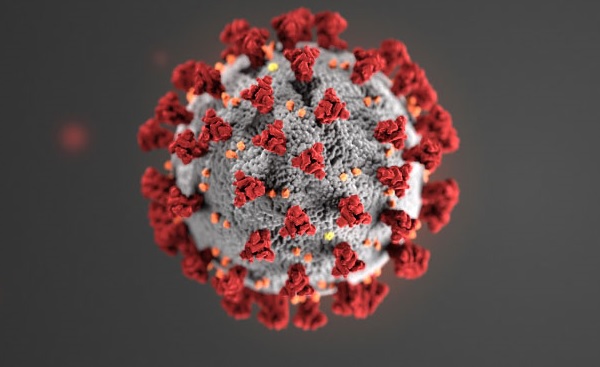
The first results of the CON-VINCE study, a national research project aiming to evaluate the prevalence and dynamics of the spread of COVID-19 within the Luxembourgish population, have been published.
The CON-VINCE study was launched at the beginning of April 2020 under the umbrella of the Research Luxembourg COVID-19 Task Force. Following the successful recruitment and first testing effort of more than 1,800 participants over the age of 18, a first publication has now been uploaded on the preprint server medRxiv and will be soon submitted for peer-reviewed scientific publication.
All participants already underwent a nasal and oropharyngeal swab followed by PCR-based virus test. The PCR analysis aims to detect the presence of the SARS-CoV-2 virus. Currently, five participants (0.3%) out of the whole panel tested positive for the virus, with individuals being asymptomatic or presenting only mild symptoms.
Prof. Rejko Krüger, principal investigator of the CON-VINCE study, explained: “Based on these very first numbers, we estimate that 1,449 people in Luxembourg alone and without taking into account cross-border workers could be currently infected and show no or only mild signs of the disease”. He continued: “Therefore, they could infect others without even knowing it”.
This highlights why there is a need for a large-scale testing strategy. Asymptomatic carriers need to be identified and isolated, ideally before people return to their workplace.
In addition, participants underwent a serological test which aims to detect the presence of antibodies in the blood. These tests showed 35 participants (1.9%) have IgG antibodies against SARS-CoV-2, indicating that these individuals may have had contact with the virus during the last weeks.
Prof. Rejko Krüger stated: “It is important to highlight that the presence of antibodies in the blood is not a proof that people are immune. It is yet unknown how long the antibodies stay in the blood and how effective they are against the virus. A positive serological test is therefore not a guarantee of protective immunity”.
In case of a positive result of either the PCR analysis or the serological test, a medical doctor of the CON-VINCE study will inform the participants as well as their treating physician. To ensure the anonymity of the participants and protection of personal data, the research study was designed so that only the medical doctors of the study team are able to track the participants’ identity and inform participant about test results in the specific and previously defined case that the result is positive. Hence, if the participants are not contacted by a medical doctor belonging to the CON-VINCE team within two working days or two weeks after the visit to the laboratory, it means their PCR analysis or serology test, respectively, were negative. Following up all participants regularly for two months and then after a year is thought to help understand better the prevalence and transmission of the disease as well as the infection rate in Luxembourg’s population.
Volunteers for the CON-VINCE study were recruited within the pool of 18,000 panel members of TNS ILRES, which is as representative as possible of the whole population of the Grand Duchy. The study was carefully designed to both meet highest scientific standards and be feasible within the current constraints due to the emergency situation. In order to do that, CON-VINCE focuses on three criteria to select participants: age, gender and residency.
“In every study design, researchers have to make choices and take them into consideration when interpreting results,” explained Prof. Ulf Nehrbass, spokesperson of the Research Luxembourg COVID-19 Task Force. “Taking further criteria into account would require a significantly larger number of participants. Therefore, other factors such as household composition, social status or lifestyle could not be considered given the time, organisational, and financial framework of the study”.
The exact methodology will be published in scientific journals, and potential limitations will be taken into accounts when analysing the data.
Setting up and executing such a comprehensive study in such a short time requires a huge team effort and important input from all the parties involved, from more than 1,800 voluntary participants and the expertise of Luxembourg's research institutions to the input of partners, such as the Centre Hospitalier de Luxembourg (CHL), TNS-ILRES, Ketterthill, Laboratoires Réuni, and BioneXt Lab. The CON-VINCE study has been funded by the Luxembourg National Research Fund (FNR) and the André Losch Foundation.








